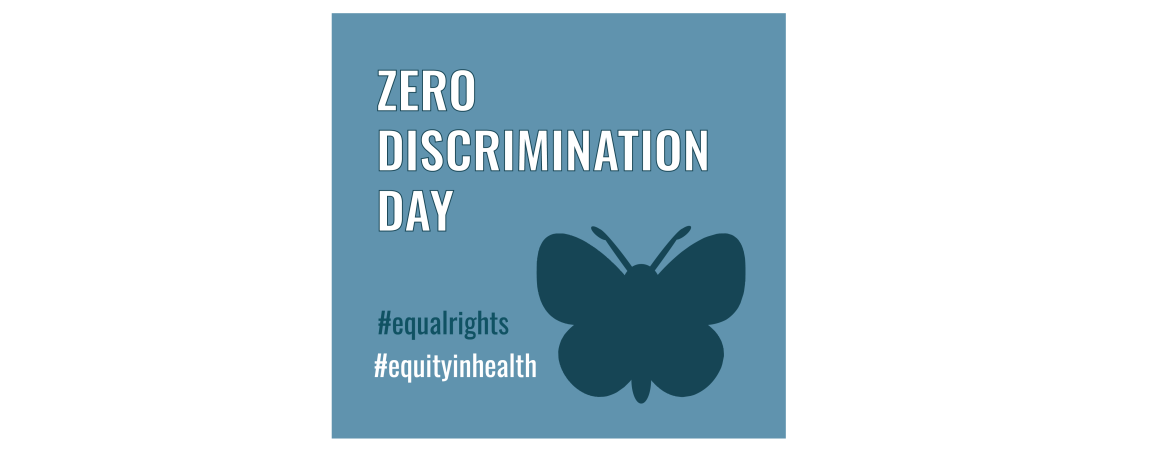Today, on the 10th anniversary of Zero Discrimination Day, we join the global voices calling for equity in human rights and the right to health
One of the Global AIDS Strategy 2025 targets requires that less than 10% of people living with HIV and communities at risk experience stigma and discrimination. However, stigma and discrimination continue to disproportionately affect people living with HIV and key populations, limiting their enjoyment of universal rights, including the right to health.
Stigma and discrimination pose significant obstacles to PLHIV in accessing healthcare services, often resulting in late diagnosis and delayed treatment. This was once more shown by the European HIV Stigma survey statistics, with 21% of respondents admitting to being afraid of visiting healthcare services due to concerns about their HIV status becoming known.
In 2022, AIDS Action Europe published two EHLF reports on discrimination:
- Discrimination against PLHIV in healthcare settings
- Discrimination against PLHIV working in healthcare settings
These reports showed that poor understanding of HIV transmission risk, the lack of transparent regulations, and frequent occurrence of discriminatory practices remain a significant issue across Europe for patients and healthcare workers living with HIV.
Based on the findings of these reports, AAE developed a set of recommendations aimed at overcoming discrimination against PLHIV in healthcare settings.
1. Adopt and implement more HIV-specific and -sensitive legislation on the rights of PLHIV, including those working in healthcare.
2. Specify employer’s obligations for occupational health and safety, and employee well-being. Where this already exists, conduct reviews to ensure its relevance for PLHIV and their experiences in employment
3. Abolish limitations and restrictions to employment of PLHIV in the healthcare sector that arise from over- or misinterpretation of legislation
4. Adopt and implement legislation on HIV testing according to the international guidelines and recommendations, refraining from any HIV mandatory testing of employees in the healthcare sector who undertake procedures where there is no risk of HIV transmission.
5. Ensure that employers in the healthcare sector do not require any HIV testing of employees who do not undertake procedures where there is no risk of HIV transmission; any such testing should be conducted on a purely voluntary basis, with the data not being shared with the employer. Ensure there are no consequences for employees, students or job candidates who refuse to take an HIV test. 6. Engage chambers/associations of healthcare workers/professionals in disseminating knowledge about the actual extent of HIV transmission risk, and in standing up against HIV stigma to achieve a change of attitudes towards HIV and people living with HIV among medical practitioners. Ensure they engage with PLHIV organisations who can provide expert knowledge in this area.
7. Ensure that employers in the healthcare sector remove unnecessary limitations on, and restrictions to employment of people living with HIV, and make the well-being of these employees a priority.
8. Implement procedures to ensure that occupational healthcare providers observe confidentiality protocols regarding HIV status and do not share this information with employers. Data protection and privacy must be guaranteed in all sectors of the healthcare system, including during education and training.
9. Abolish the requirement for mandatory HIV disclosure in healthcare settings. 10. Clearly articulate in legislation and policy anti-discrimination and confidentiality requirements.
11. Include in national medical training curricula and provide mandatory post-graduate education and training for healthcare workers to improve knowledge and understanding of HIV and of the experience of living with HIV.
12. Establish protocols to ensure enforcement of anti-discrimination and confidentiality legislation in practice.
13. Raise awareness and knowledge of PLHIV of their rights as patients and provide appropriate support mechanisms to allow them to seek available remedies if their rights are breached.

